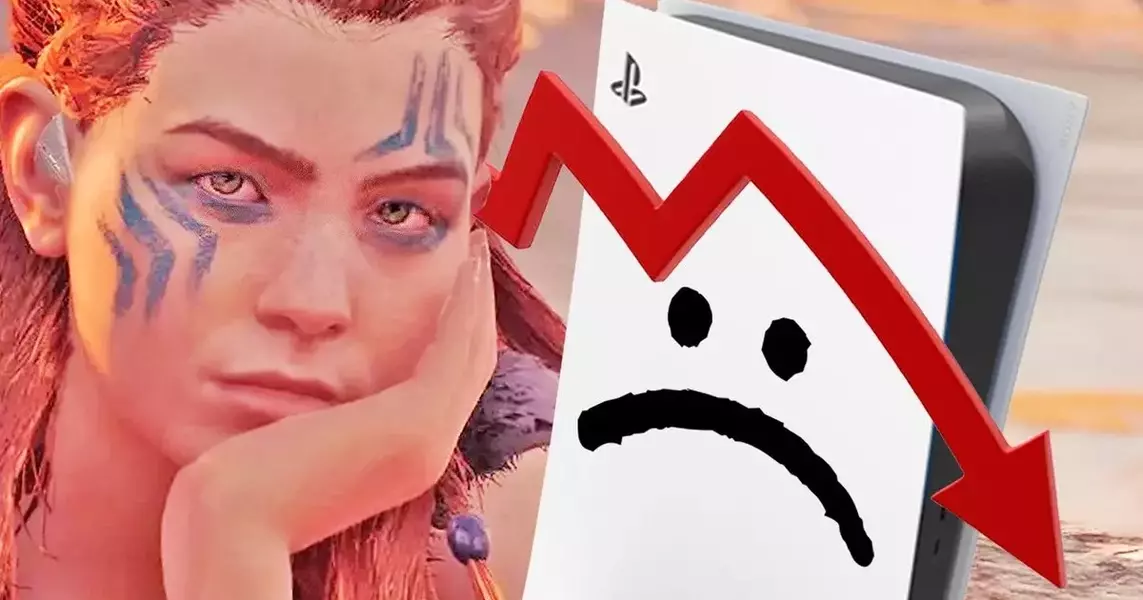The Duality of Triumph and Controversy in the 2024 Video Game Industry

2024 was a remarkable year for video games, marked by both significant achievements and notable challenges. The industry witnessed the release of several high-profile titles such as Final Fantasy VII: Rebirth, Helldivers 2, and Elden Ring: Shadow of the Erdtree. These releases not only thrilled gamers but also provided smaller developers with opportunities to flourish alongside major players. Additionally, video game adaptations made waves in film and television, with successful projects like Sonic the Hedgehog 3 and Netflix’s Arcane. However, the year was not without its downsides. Business practices that prioritized profit over quality led to delays, closures, and creative stagnation. Moreover, social controversies surrounding representation and inclusivity sparked heated debates within the gaming community.
Highs and Lows of Game Releases and Adaptations
The past year brought an array of exceptional video game releases that captivated audiences worldwide. Titles like Final Fantasy VII: Rebirth, Helldivers 2, and Animal Well showcased the industry's ability to innovate and deliver compelling experiences. Smaller studios benefited from this momentum, thriving despite limited resources. In parallel, video game adaptations flourished on screen, with films and TV shows like Sonic the Hedgehog 3 and Arcane receiving critical acclaim. While there were some less successful ventures, the overall trend was positive, demonstrating the growing influence of video games in entertainment.
Despite these successes, the year was marred by setbacks. Misguided business strategies led to multiple project delays and even the end of an iconic publication. Creative bankruptcy became evident in some areas, where innovation seemed to stall. Furthermore, divisiveness among players intensified, with issues of representation sparking heated debates. For instance, certain segments of the community criticized games for their diverse casts, leading to backlash against titles like Intergalactic: The Heretic Prophet and Assassin’s Creed Shadows. This environment highlighted the ongoing struggle between progress and tradition in the gaming world.
Social Controversies and Representation in Gaming
The push for greater diversity in video games continued to gain traction in 2024, bringing both praise and criticism. Games featuring non-traditional protagonists faced intense scrutiny from vocal segments of the community. Titles like Intergalactic: The Heretic Prophet and Assassin’s Creed Shadows encountered backlash due to their diverse characters, reflecting broader societal tensions. Despite these challenges, the industry's efforts to include more varied stories and characters underscored a commitment to inclusivity. This shift aimed to make gaming more representative and welcoming to all players.
Controversies surrounding representation were particularly pronounced. When Naughty Dog unveiled Intergalactic: The Heretic Prophet, featuring a non-white, bald female protagonist, it ignited a wave of online criticism. Similarly, Ubisoft’s Assassin’s Creed Shadows, which included a Black samurai named Yasuke, faced accusations of being overly politically correct. These debates often overshadowed the artistic merits of the games, focusing instead on sociopolitical interpretations. Yet, the conversations also revealed the evolving nature of the gaming audience, with many embracing the changes while others resisted. Ultimately, 2024 highlighted the complex interplay between creativity, commerce, and community in the video game industry.